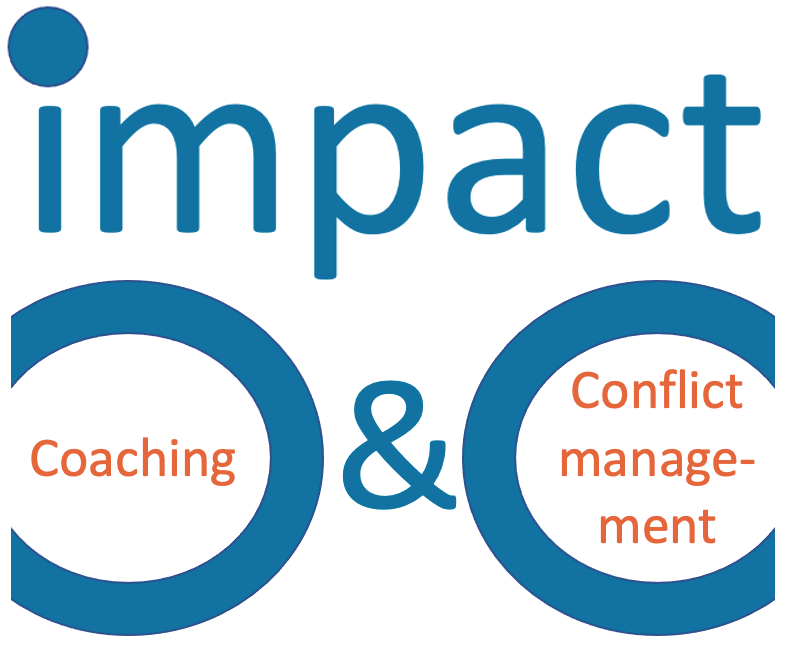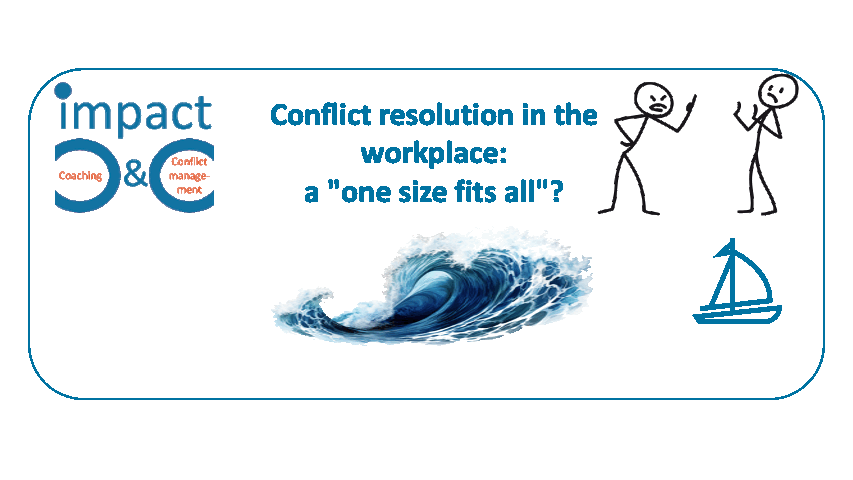The first and most important leadership conflict management skill is to be willing to handle conflicts. To adopt that attitude is an important step towards leadership conflict competency.
Being willing is more than accepting the necessity to handle conflictual situations in your team or with your peers. It means to develop the appropriate mindset.
And being willing means setting yourself up to make this task a habitual part of your leadership conduct. It means to adapt and develop your inner parameters and your role definition, to develop your competencies and to learn to apply situational strategic thinking. These are your compass.
Conflictual situations in the company come up in various “shapes and sizes” concerning the issues involved, their impact for the company, people caught up, constellations and also the degree of escalation. Conflicts often come along somewhat “foggy” and not easy to understand.
By means of your compass you will know how to decipher, interpret, and design the path to take in each specific conflictual situation. A path that prepares the way to arrive at good and sustainable solutions.
Thus, handling conflicts is not a matter of a “one size fits all”.

